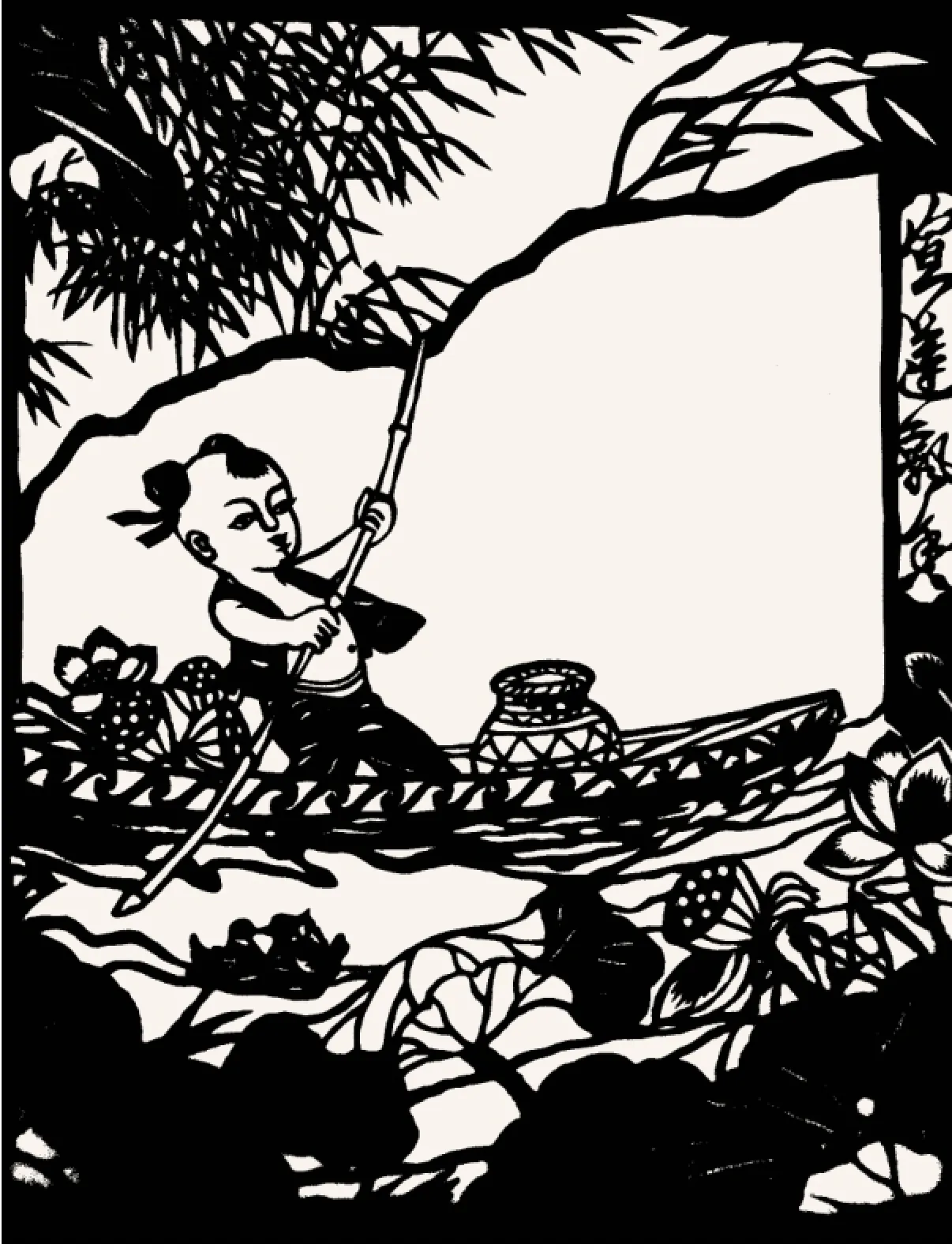Farewell, But Not Goodbye
2016-10-27ByLiYan
By Li Yan
Farewell, But Not Goodbye
By Li Yan
Only destiny can explain the encounter and magic chemistry between Chen Yuejin, an octogenarian living in the small town of Wuyi in China's Jinhua District and Shimizu Mamiko, currently in her third year at Waseda University, one of the most prestigious academic “holy lands” in Japan.
The cultural exchange program sited in Yuyuan village in Wuyi County is supported by Li Zhaoxing, former leader of Ministry of Foreign Affairs and has drawn participation of 118 students representing 27 countries.
The girl did not hesitate to sign up for the third season of the program that was open to globally and to be hosted by the Chinese town from June 22 to July 12.
China was never just an image for Mamiko, whose passion for the Chinese history and culture is cultivated by long-time influence from her father. A nine-month language program she took part last year brought her closer to China and laid a solid foundation for her to communicate with the culture in Chinese.
Before setting off on her second visit to China, the girl was a little nervous, worrying about the historical shadows between the two countries. However, on the second day after her arrival in Wuyi, she was moved to tears by the town's “paper-cutting granny”.
The daily routines of the octogenarian, who lives in the town proper, during the cultural exchange program started with taking the bus at around six in the morning to go to the paper-cutting culture hall in Yuyuan Village,where tourists and students from all over the world would be waiting for her to show her stunning skills that turn a piece of paper into intricate patterns of all styles. Chen learned the skill in her teens.

《宣莲飘香》送学子。 (张建成 摄)A paper-cutting artwork by Chen Yuejin
“I was moved beyond description. She taught me paper-cutting and we talked in Chinese, which was amazing. She used the word‘friendship' a lot and put my hand into hers. I can't help feeling sorry about the warring past, and I never expected to be treated so friendly and lovingly by people who were so hurt by my country. I will never forget what I saw and felt today.” The girl posted on her Moments on WeChat later that day with great excitement.
In fact, behind the grandmotherly face of Chen Yuejin are painful memories. On a day in May of 1942, her entire family of seven members had to run for life into the depths of the hills when Wuyi fell into the hands of the Japanese invaders. The fugitive agony lasted three years until 1945. They returned to the village, only to fnd the house was beyond all recognition. “What we call ‘home' was gone,” Chen Yuejin recalled.
Mamiko was reduced to tears time and again. “I am sorry,” she kept saying to Chen.
“Let bygones be bygones.” Chen would put the girl's hand into hers and reassure.
Chen Yuejin also told the girl that the two mandarin duck paper-cutting pieces she made as a gift for her to take home are a symbol of love and harmony.
Her Yuyuan days in China reshaped the Japanese girl's vision about future. “I will never forget what Chen said to me and I will work hard to become a diplomat so that I can contribute what I can to the friendship and cultural communication between China and Japan.”
This was the girl's frst taste of the rural side of China. “The people are surprisingly friendly and open-minded, and everything there was just beautiful,” said the girl.
Before leaving, Mamiko went back to the paper-cutting cultural hall just to say goodbye to the granny. The two had a lovely time taking a walk in the village and had a picture taken on the stone bridge.
“The past three weeks in Yuyuan remind everyone of us about our infnite potentials. We'll take our Yuyuan stories back home and share with more people who may join us in the pursuit of making the world a better place.”
(Pictures provided by the author)
